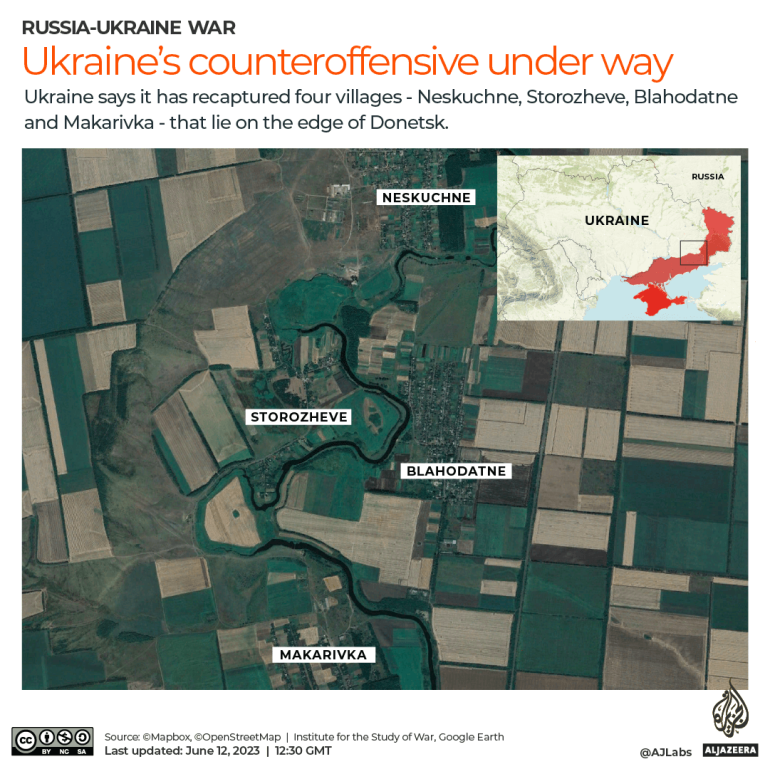The Speaker of Canada’s House of Commons has issued an apology for his earlier commendation of an individual with a controversial past from World War II during a session attended by Prime Minister Justin Trudeau and Ukrainian President Volodymyr Zelenskyy.
Speaker Anthony Rota had acknowledged Yaroslav Hunka, a 98-year-old, as a “Ukrainian hero, a Canadian hero” during a session in the Canadian Parliament on Friday, expressing gratitude for his service.
It has since come to light that Hunka served in World War II as a member of the 14th Waffen Grenadier Division of the SS, a fact pointed out by the Friends of Simon Wiesenthal Center, a Jewish human rights organization, which demanded an apology.
The center underscored that Hunka’s associations with the Nazi war machine are extensively documented. Both Zelenskyy and Trudeau had joined in acknowledging Hunka during the parliamentary session with applause.
Rota has taken full responsibility for what he described as an oversight, acknowledging that the initiative was entirely his own. In a statement issued on Sunday, he expressed his “sincerest apologies to Jewish communities in Canada and worldwide” upon becoming aware of additional information that led him to regret his earlier decision.
He reiterated his apology on Monday in the Parliament, conveying his deep remorse for his actions and remarks. Rota also clarified that the initiative had been solely his own, with no involvement or prior knowledge by fellow parliamentarians or the Ukrainian delegation.
Standing ovations
The recognition occurred after Ukrainian President Zelenskyy’s visit to the parliament, during which he expressed gratitude to Canada for its support in Ukraine’s conflict with Russia.
Following Zelenskyy’s remarks, Speaker Rota acknowledged Yaroslav Hunka, who was seated in the gallery, and commended him for his role in fighting for Ukrainian independence against the Russians.
Hunka’s presence in the gallery led to two standing ovations from those in attendance. As Canadian lawmakers cheered, President Zelenskyy raised his fist in acknowledgment, and Hunka saluted.
The Friends of Simon Wiesenthal Center expressed deep concern, stating, “At a time when anti-Semitism is on the rise and the Holocaust is being distorted, it is highly distressing to witness the Canadian parliament applauding an individual who served in a unit of the Waffen-SS, a Nazi military division responsible for the murder of Jews and others.”
Also Read: Russia’s Bid to Rejoin the UN’s Human Rights Council: What You Need to Know
The organization called for an explanation regarding how this individual gained access to the esteemed chambers of the Canadian parliament and received recognition from the Speaker of the House, along with a standing ovation.
The Russian RIA state news agency reported that Russia’s ambassador to Canada, Oleg Stepanov, plans to send a letter to Prime Minister Trudeau and a note to the Canadian foreign ministry on Monday, seeking clarification from the Canadian government.

‘Optics are not good’
Dominique Arel, who holds the position of Chair of Ukrainian Studies at the University of Ottawa, expressed strong concern about the incident, highlighting its problematic nature.
“The issue here is one of symbolism, particularly the optics of serving in a military unit whose insignia is associated with arguably the most notorious criminal organization of the 20th century. Clearly, the optics in this situation are not favorable,” Arel stated in an interview with CBC News.
Prime Minister Trudeau, in particular, has faced pressure from opposition Conservative lawmakers who have raised questions about how the Canadian Prime Minister’s office could have been unaware of Hunka’s background.
Andrew Scheer, the former leader of the Conservative Party, challenged Speaker Rota in the House of Commons on Monday, stating that the provided statement did not address the key questions concerning how Hunka’s background was vetted.
In the backdrop of this controversy, it’s worth noting that Russia initiated a full-scale invasion of Ukraine in February 2022, framing it as a “special military operation” aimed at denazifying and demilitarizing its neighboring country. President Zelenskyy is of Jewish heritage and has personal ties to the Holocaust, having lost relatives in it.
Kyiv and its Western allies have consistently argued that Russia’s attack, which has resulted in tens of thousands of casualties and millions of displaced people, is an unprovoked act of aggression and an attempt to seize territory. The United States has characterized Russia’s justifications for the war as falsehoods designed to manipulate international public opinion.
Michael Mostyn, the CEO of B’nai Brith Canada, expressed outrage that the Canadian Parliament honored a former member of a Nazi unit. Mostyn pointed out that certain Ukrainian ultranationalist ideologues who volunteered for the Galicia Division had aspirations of creating an ethnically homogenous Ukrainian state and endorsed the concept of ethnic cleansing.
Mostyn emphasized the expectation of a forthcoming apology and insisted on a meaningful one. He asserted that Parliament owes an apology to all Canadians for this incident and demanded a detailed explanation of how it could have occurred within the heart of Canadian democracy.

